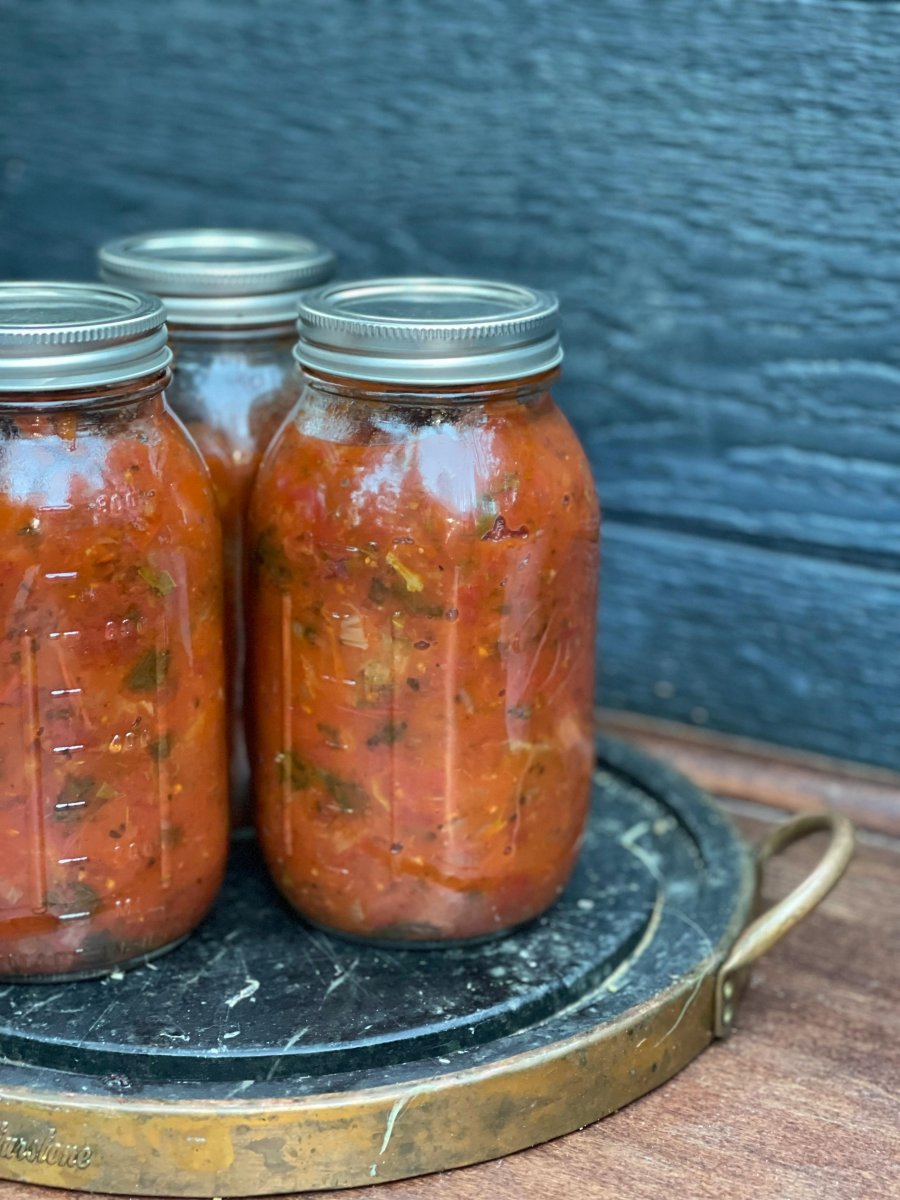
For many households, that jar of salsa might’ve been a staple in a favorite recipe or quietly waiting for a weekend gathering. So when news broke about a multi-state recall of a popular salsa due to listeria contamination, it wasn’t just a passing headline—it was a stark reminder of how quickly something familiar and trusted on our shelves can become a health risk.
The recall that started it all
On October 30, Supreme Produce sounded the alarm and urgently recalled its Peach Salsa packaged in clear, plastic grab-and-go 14-ounce containers, which you can find at Kroger stores.
The Food and Drug Administration (FDA) shared an update regarding the recall on its website on 3 November. The affected product carries the UPC code 85006540364 and has best-by dates ranging from 12 October 2025 to 29 October 2025.
The peach salsa was pulled from shelves shortly after it was found to contain peaches from Moonlight Companies—the same ones that were recently recalled when routine testing uncovered traces of listeria in them.
In late October, Moonlight Companies recalled several lots of their white and yellow peaches due to possible listeria contamination.
The recall underscores something vital: our food supply chains are more interconnected than ever, and events abroad can offer powerful lessons for protecting our health at home.
Why seniors should pay extra attention to listeria
Listeria is especially dangerous for older adults, pregnant women and anyone with a weak immune system. Even healthy people can experience flu-like symptoms, such as fever, headache and upset stomach.
For those over 60, listeria infections can be particularly serious, sometimes leading to severe complications, including meningitis.
A closer look at the rise in recalls—and what it really means
Over the past decade, the number of food recalls in the United States has shown a steady upward trend.
According to a 2024 analysis published in the Journal of Food Protection, this increase is not necessarily a sign of growing danger but rather a reflection of a more vigilant and responsive food safety system.
Enhanced detection technologies, such as whole genome sequencing, have made it easier to identify contamination sources quickly. Additionally, stronger regulatory oversight by agencies like the FDA and United States Department of Agriculture (USDA) has led to more proactive recalls, often initiated before any illness occurs.
Recent listeria recalls you should know about
A nationwide recall has been issued for several ready-to-eat pasta meals due to a listeria outbreak that has affected people in 18 states. The meals were made with precooked pasta from a company called Nate’s Fine Foods, which supplies ingredients to popular retailers like Walmart and Trader Joe’s.
Although the company doesn’t sell directly to consumers, its pasta was used in meals such as fettuccine alfredo, shrimp linguine, and beef meatball marinara. These products were recalled in September and October 2025 after tests confirmed contamination with Listeria monocytogenes, a bacteria that can be especially dangerous for older adults, pregnant women, and people with weakened immune systems.
So far, the outbreak has led to 27 confirmed illnesses and six deaths, including one case where a pregnant woman lost her baby.
The most recent illness was reported in mid-October. Health officials from the FDA, Centers for Disease Control and Prevention (CDC), and USDA are working together to investigate and ensure that all affected products are removed from shelves.
If you or someone you care about may have purchased ready-to-eat pasta meals recently, it’s important to check your freezer and stay informed through official recall alerts.
Taking action when recalls happen
If you discover you've purchased a recalled product, follow the instructions in the recall notice, which may include discarding the item or returning it to the store for a refund.
You can also report any symptoms or concerns to your healthcare provider and the FDA’s consumer complaint system.
Staying alert and sharing recall information with family, neighbors, or caregivers can make a real difference in keeping your community safe.
Remember, the goal isn't to worry about every piece of food you eat, but to stay reasonably informed and take sensible precautions—especially with foods that pose higher risks for listeria, like soft cheeses, ready-to-eat meats, and pre-prepared salads.
Have you signed up for FDA food recall alerts? What steps do you take to stay informed about food safety? Share your thoughts and experiences in the comments below.






